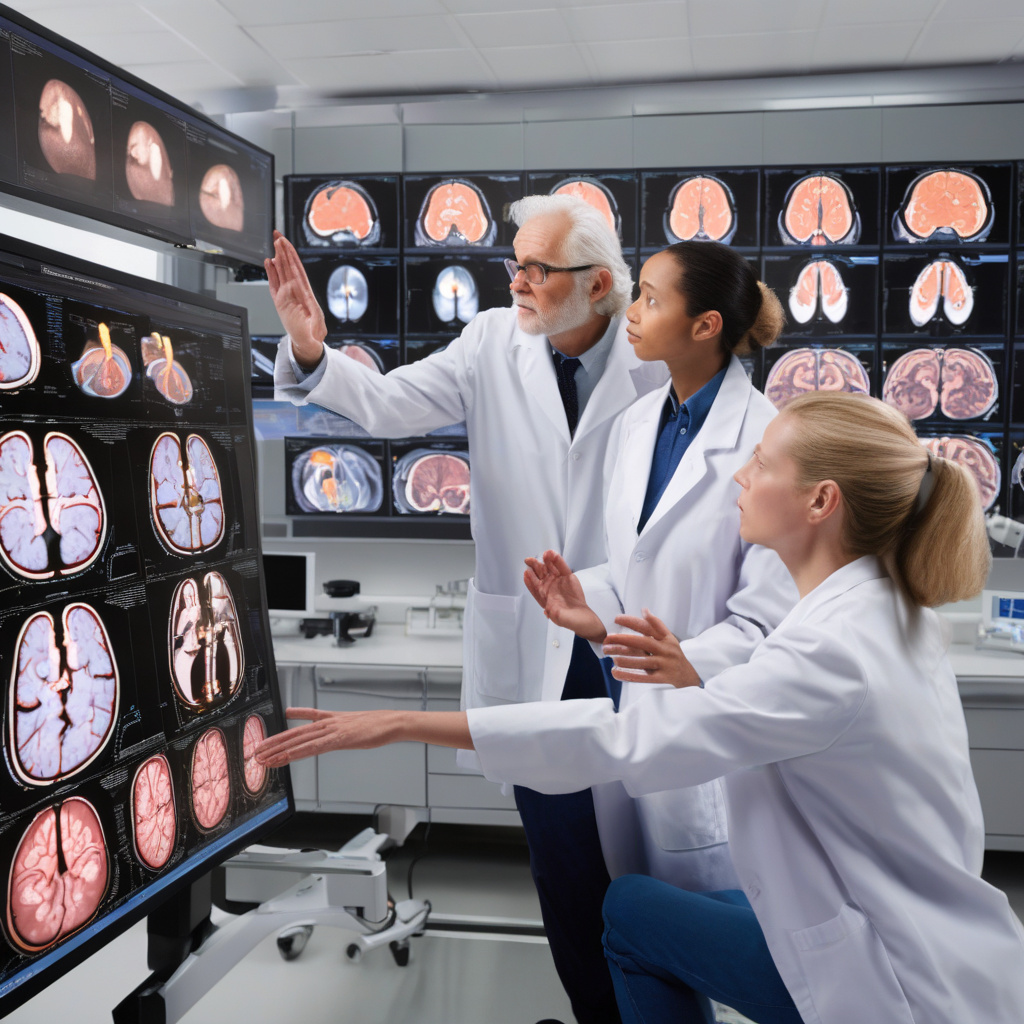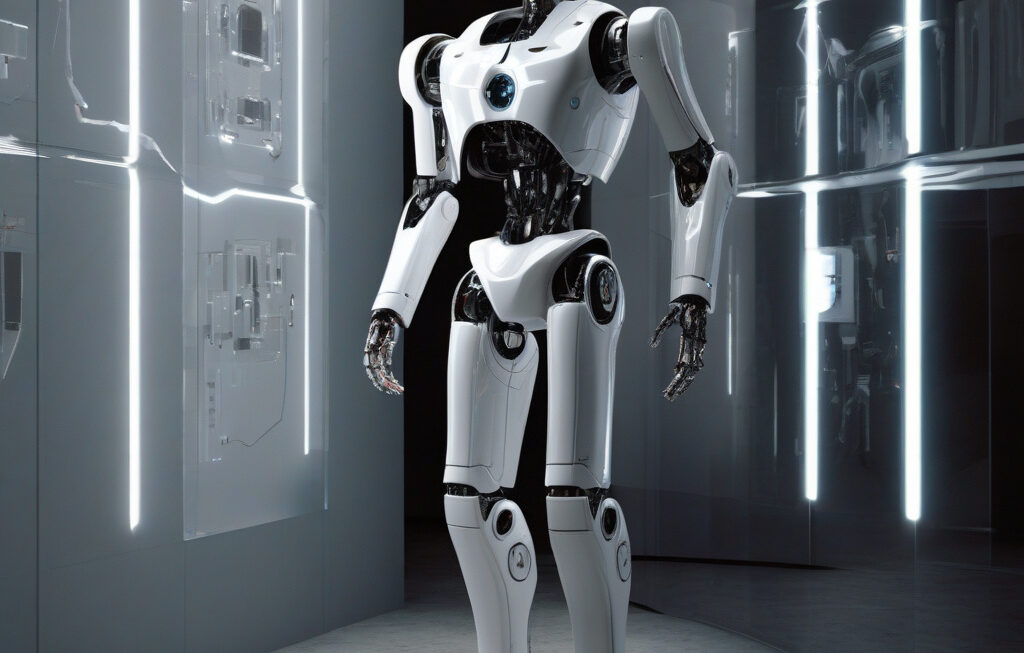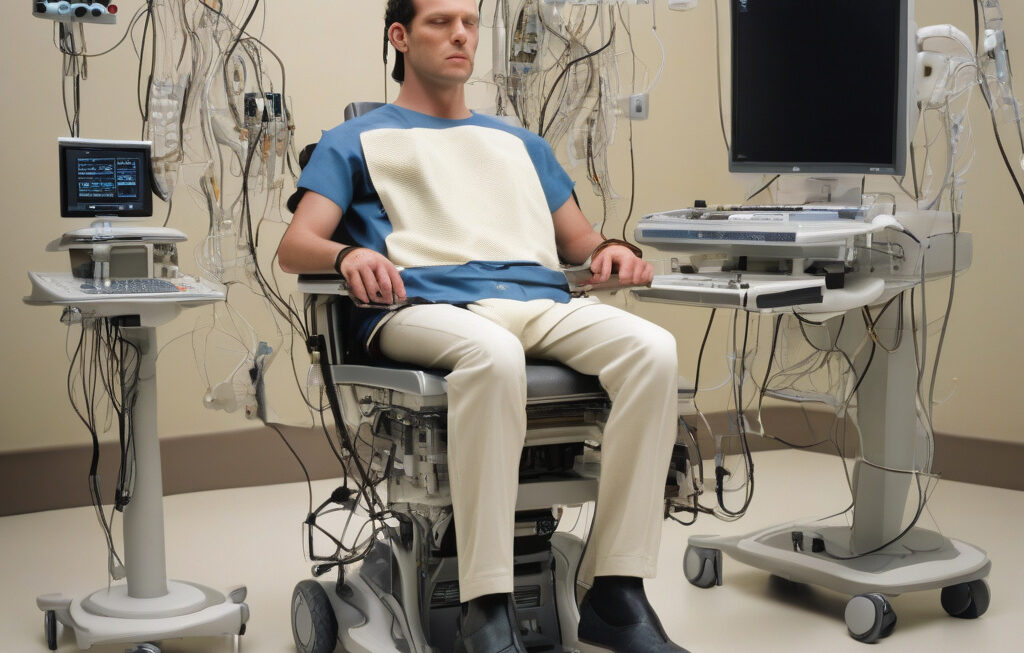Harvard-Duke Scientists Decode Brain’s Aging Clock Using a Single MRI Scan
A new tool could estimate how fast a person is biologically aging using a single magnetic resonance imaging (MRI) scan, thanks to a groundbreaking study conducted by scientists from Harvard University and Duke University. This innovative approach to measuring aging opens up a world of possibilities for understanding the aging process and its implications for health and wellness.
The study, published in the journal “Nature Communications,” reveals how researchers have identified a way to predict a person’s biological age by analyzing their brain images. By measuring the volume of different brain regions, the scientists were able to create a model that accurately estimates a person’s biological age, providing valuable insights into their overall health and potential age-related conditions.
This development marks a significant step forward in the field of aging research, as it offers a non-invasive and cost-effective method for assessing an individual’s biological age. Unlike chronological age, which is simply the number of years a person has lived, biological age takes into account various factors that can impact aging, such as lifestyle, genetics, and environmental influences.
One of the key advantages of this new tool is its ability to detect early signs of accelerated aging, even before symptoms of age-related diseases manifest. By identifying individuals who may be at higher risk for conditions like Alzheimer’s disease or other neurodegenerative disorders, healthcare providers can intervene early and potentially slow down the aging process through targeted interventions and lifestyle modifications.
Moreover, the implications of this research extend beyond individual health assessments. The ability to accurately measure biological age on a population level could have far-reaching implications for public health policies and interventions. By identifying groups of people who may be experiencing accelerated aging, policymakers can develop strategies to address underlying factors contributing to premature aging and improve overall health outcomes.
In addition to its medical applications, the use of MRI scans to decode the brain’s aging clock has sparked interest in the field of personalized medicine. By tailoring treatments and interventions based on an individual’s biological age, healthcare providers can optimize outcomes and enhance the quality of care provided to patients.
As we continue to unravel the mysteries of aging and its impact on health and longevity, studies like the one conducted by Harvard and Duke scientists shed light on new ways to measure and understand the aging process. By leveraging cutting-edge technology and innovative approaches, researchers are opening doors to a future where age is no longer just a number but a dynamic metric that can be influenced and optimized for better health outcomes.
In conclusion, the groundbreaking research conducted by Harvard and Duke scientists represents a significant milestone in the field of aging research. By decoding the brain’s aging clock using a single MRI scan, researchers have paved the way for a deeper understanding of biological aging and its implications for health and wellness. This innovative approach not only offers new insights into the aging process but also holds promise for personalized medicine and public health interventions aimed at promoting healthy aging for all.
biological age, MRI scan, aging research, personalized medicine, public health











